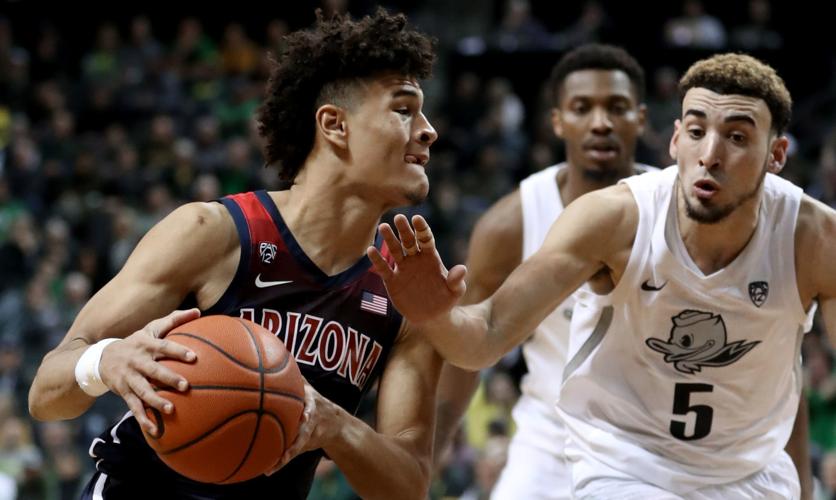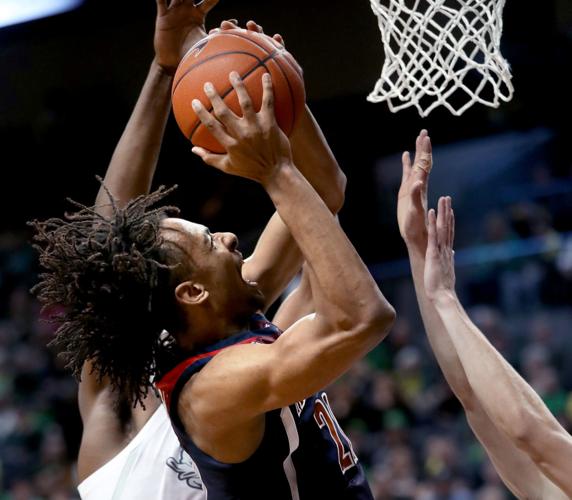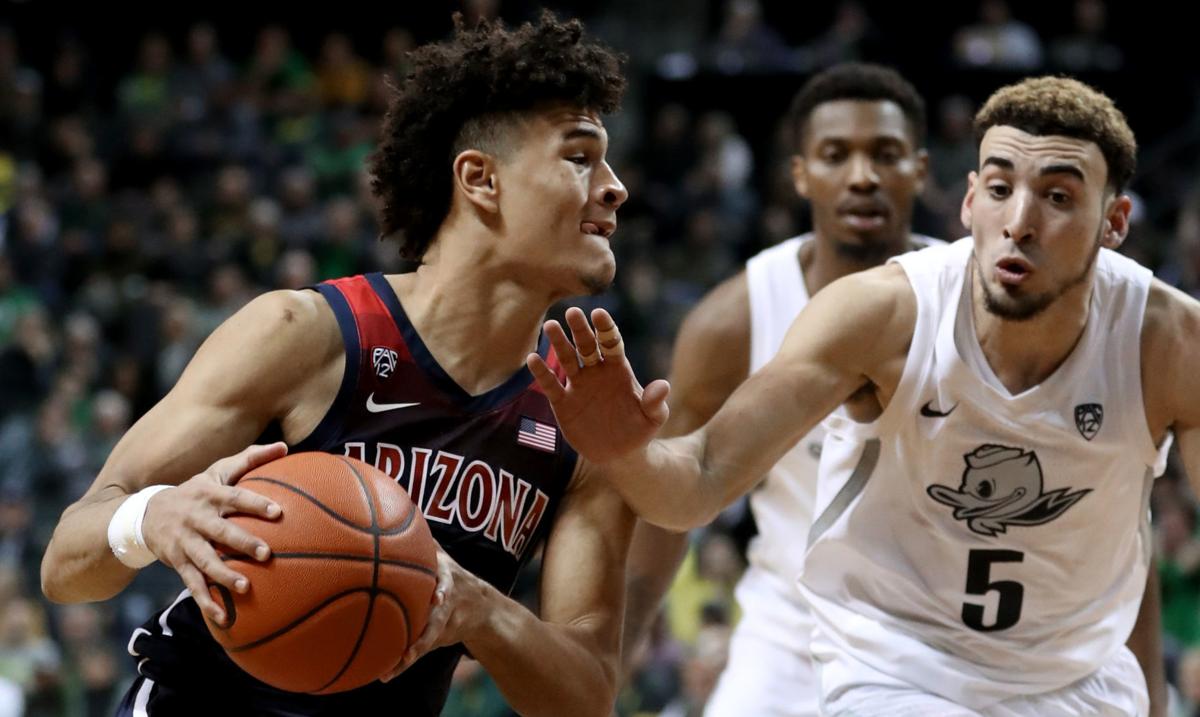When then-NAU coach Jack Murphy considered joining Sean Miller’s Arizona staff last spring, the two discussed an endpoint that probably would have been reached this week.
“He told me his goal for the year was to make the NCAA Tournament,” Murphy said. “I believe that if there was going to be an NCAA Tournament, we would have been in that field.”
The Wildcats will never know, not even on a sort-of official basis: The NCAA announced Sunday it would not announce a bracket of any sort, even if it might have given some bubble teams some finality about the 2020 postseason that wasn’t.
“All of us want something to fill the void we’re feeling,” Dan Gavitt, the NCAA’s senior vice president for basketball, wrote in a lengthy statement on NCAA.com. “However, anything less than a credible process is inconsistent with the tradition of the NCAA basketball championships. Brackets based on hypotheticals can’t substitute for a complete selection, seeding and bracketing process.”
When the NCAA Tournament was called off last Thursday, there were still three or four days left to be played in the conference tournaments.
If those were played out, there would have been plenty of opportunity for teams not in the tentative field to “steal” automatic bids by winning their conference tournaments, and thus theoretically bumping out an at-large contender, while the results of conference tournaments were also likely to at least create minor adjustments in the seedings.
Even while Arizona might have been locked into the field, for example, their ensuing Pac-12 Tournament games might have affected their seeding and placement.
If the Wildcats had lost to USC in a quarterfinal game scheduled for March 12, little might have changed, but if they won and then beat Oregon in the semifinals, they might have moved up at least one seed line.
A championship game win could have moved them up further, depending on who the opponent was.
Perceived bubble teams such as ASU, Stanford and UCLA could have been even more affected by the play in the Pac-12 and other conference tournaments.
As it was, the Cardinal lost to Cal 63-51 in its first-round Pac-12 Tournament game, endangering its chances, while UCLA (against Cal) and ASU (against WSU) could have done the same with quarterfinal losses on Thursday.

UA fans will never know if Zeke Nnaji and the rest of the team’s talented freshman class could have made some noise in the NCAA Tournament this month.
So even if bubble teams were put into an NCAA Tournament “bracket” on Sunday based on what they did through Wednesday, their subsequent play and results elsewhere could have pushed them out in reality.
It’s all hypothetical, and the NCAA wanted no part of that.
“There will always be an asterisk next to the 2020 NCAA men’s and women’s basketball championships regardless if brackets are released,” Gavitt said. “There is not an authentic way to produce tournament fields and brackets at this point without speculating and that isn’t fair to the teams that would be positively or negatively impacted by manufacturing March Madness.”
The lack of an announcement also puts in limbo many coaches who have bonus clauses tied to the tournament.
In Miller’s case, he would have not received a bonus for getting in the tournament but he is contracted to receive escalating bonuses in most rounds starting with $25,000 for a first-round victory.
So Arizona will have to settle by looking at what it knows. The Wildcats finished 21-11, and in a fifth-place tie in the Pac-12 at 10-8.
They were rated No. 14 nationally in defense and 35th in offense, according to Kenpom.
Murphy said having a Top 15 defense was a “great accomplishment,” as was having the Pac-12 freshman of the year in forward Zeke Nnaji.
“Obviously as we got into the thick of it we would loved to have won the Pac-12 championship,” Murphy said.
“I felt we would have had a great shot in Las Vegas to win the tournament.
“But in terms of our team, we got better throughout the year. Our defense certainly got a lot better, and that was giving us an opportunity on any given night to win a game.”






